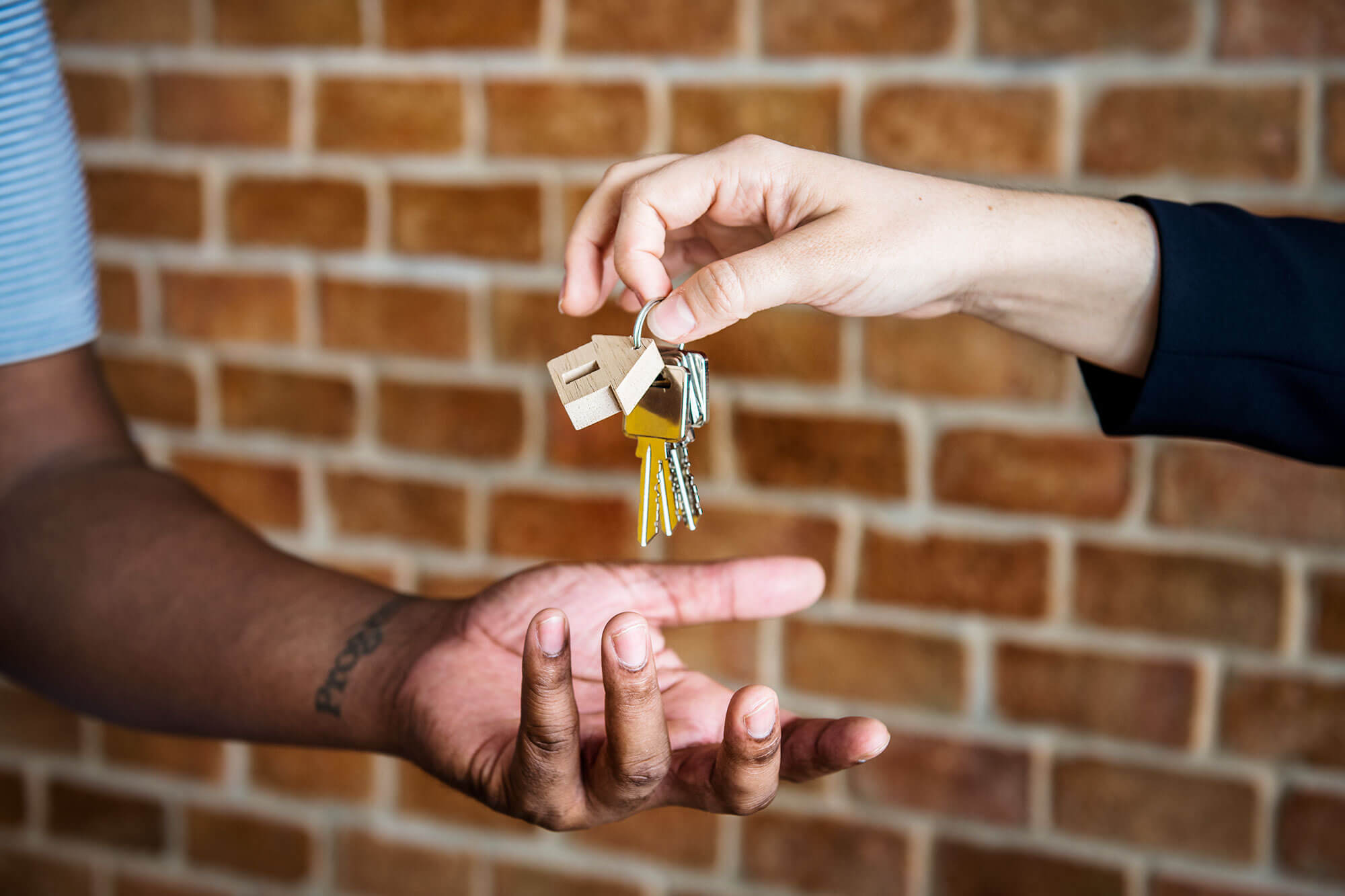Advertisement
There is nothing more exciting – or daunting – than buying your first home. It’s a rite of passage, and also a passport to financial, emotional, social and family security. There are so many advantages to home ownership, but it’s a big step, so it’s worth planning carefully.
Before you start doing the fun things like looking at houses and picking curtains, do the basics:
- Know how much you can afford – it’s tempting to look at mansions, but it’s important to stay within your budget.
Your first home may not be your dream home, but it’s a foot in the door and you can always build on or move to a bigger home later. Remember, affording your home loan repayment is critical. - Save up for a deposit – this will greatly improve your chances of getting finance, and also qualify you for a better rate. If you can’t afford a deposit, find out if you qualify for a FLISP subsidy.
- Understand your credit profile – check that your credit rating is up to scratch so that you can negotiate the best home loan deal.
- Get your documentation in order – having all your important documents available before you apply for a loan will expedite fast approval, so it’s worth doing the admin before you even start looking at houses. You will need:
- latest proof of address (not older than three months)
- latest pay slips (three months)
- identity document.
The fun stuff
Okay, that’s the boring, admin stuff over; now comes the fun part. House-hunting. It really is fun, so don’t be daunted, but there are some things to keep in mind. Before you even start looking at houses, consider:
- what type of house you need
- what you can afford
- what area will meet your needs and your budget
- whether you want a freestanding home, a flat, or a home in a development or complex.
Visit the area

You probably have a pretty good idea where you want to buy – maybe close to your work, your family or friends. But, especially if you are buying in another city prior to a big life change like a new job or a marriage, it’s worth really checking out the area. Take a walk around the neighbourhood to see if you feel comfortable. And it’s also a good opportunity to check that there are no unpleasant surprises such as, for example, a smoky factory belching fumes all over the neighbourhood. Getting a feel for the general area and actual selling prices is critical. Ask any qualified agent who knows the local property market for assistance in getting these details.
Advertisement
Inspect the house
A three-bedroom house might seem like a good idea if you are planning on having children, but perhaps it would be more sensible to move into a smaller place for now, and upscale later. Also think long and hard about whether you want and/or need a garden. If you have children or pets, you probably will. If you have never even kept a pot plant alive and have no idea how lawnmowers work, perhaps you should opt for an apartment.

And be practical. That lovely Victorian going at a great price might be a fab fixer-upper, but do you have the skills and budget to do the fixing up?
No matter how much you like the home or whether other buyers are also interested, make sure to take your time when viewing the property. Call in a professional home inspector if you have any doubts or questions. It is very easy to miss things when excited about a possible purchase. This could mean expensive repairs later on.
The nitty gritty red tape
Buying a house is a big decision, so don’t rush into it. Before signing anything, show the deed of sale – sometimes called an Offer to Purchase – to a conveyancing attorney, who can protect your rights by identifying shortcomings in the sale agreement. The conveyancer can then give you advice on how to negotiate the rectification of any shortcomings as you negotiate the purchase.

If you are buying a sectional title home, or buying into an estate, ask to look at the body corporate and/or HOA documentation. You will want to check the rules – there is no point buying into a pet-unfriendly estate if you have three yorkies and a rottweiler, or find out that you can’t park your boat or caravan outside your house – and also very carefully check that the body corporate is on a good financial footing.
And then – the really fun stuff
Now you can start thinking about curtains and carpets, and indulge in some daydreaming. But keep it real. You have just taken the first step on a long and exciting journey.



